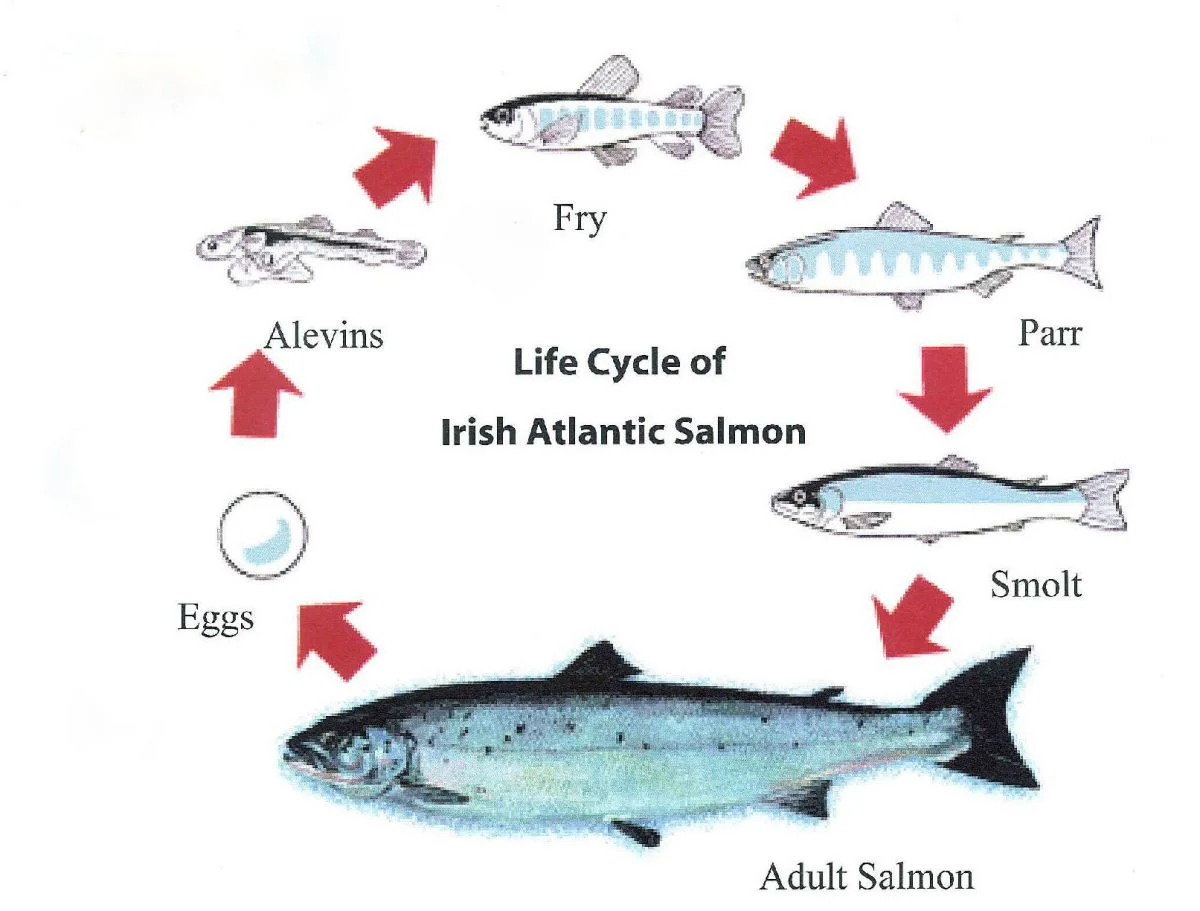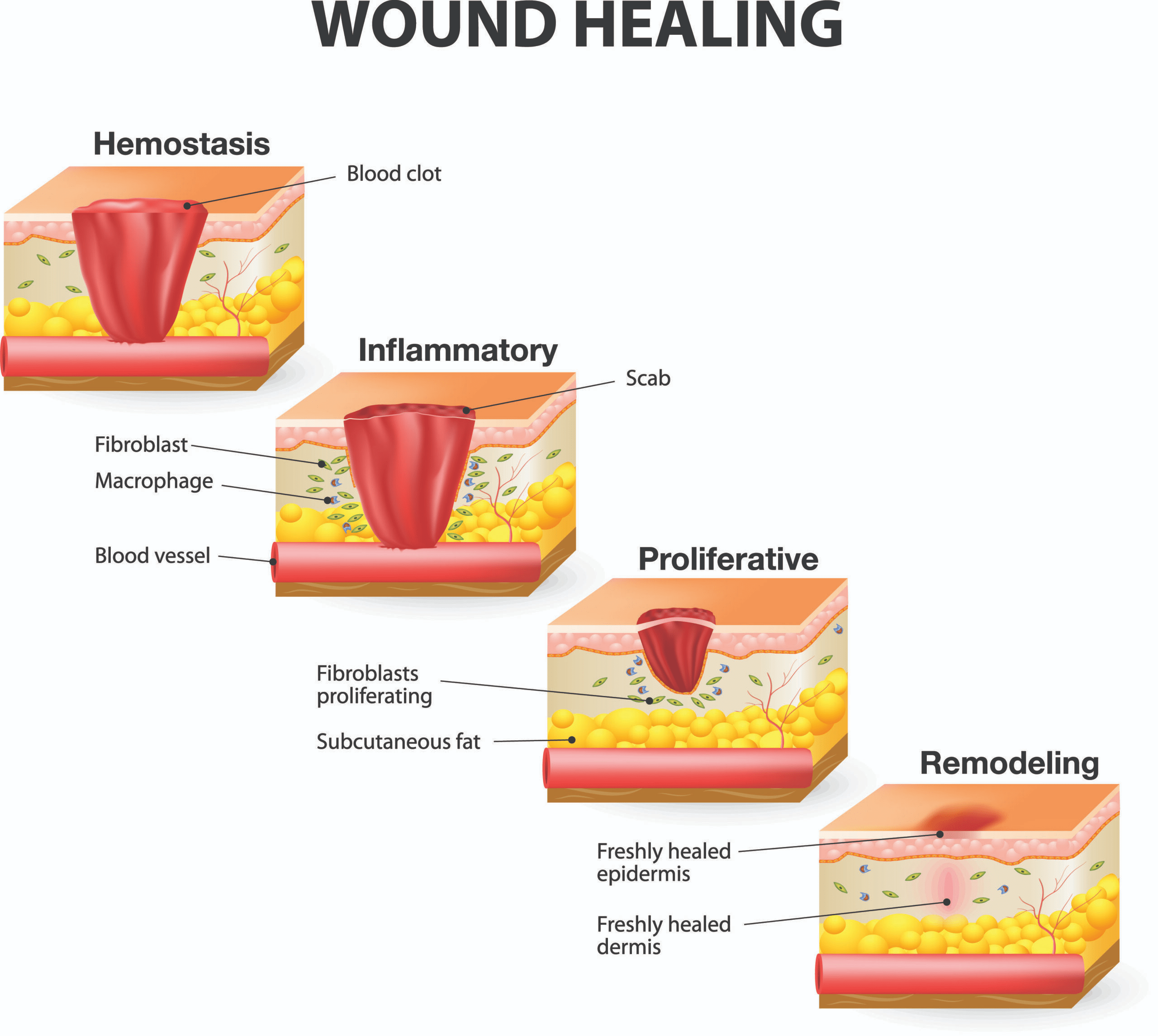Possible Preaching Themes
Possible Scientific Resources
- Jesus invites us to recognize that God—our divine parent—loves us unconditionally.
- Becoming a disciple of Jesus has never been easy but is the price we pay for following his path.
- In the face of today’s environmental crisis “giving up our possessions” can be accomplished through living a simple and an environmentally oriented life.
- The parent-child relationship is a defining relationship in our lives, contributing to our overall development.
- This research suggests that children who share a close relationship with their parents tend to develop socially desirable behaviors.
- This study proposes that parenting styles have a direct impact on a child’s cognitive development.
- Expressing gratitude to parents is highly expected in Filipino culture. This research revealed that participating Filipino college students hold themselves responsible for performing well academically as a way to show deep gratitude to their parents.
- Commitment is an essential virtue in following Jesus.
- When making plans, the prefrontal cortex is used in planning and decisionmaking, while the hippocampus is used in memory formation and storage. These fundamental brain circuits can help us form better decisions that cultivate commitment.
- Marie Curie, the first woman to receive the Nobel Prize, persevered in her scientific pursuits in a male-dominated world of science.
- Giving up possessions can also mean reconsidering our lifestyle and ways of relating to the planet
- This article suggests that humans can live without meat, which is good for health and the environment.
- The minimalist lifestyle benefits our mental health and the environment.
- The use of Artificial Intelligence (AI) technologies requires enormous amounts of energy, which has negative effects on the environment.
Homily Outline Combining Resources
- Scientific explanation
- Research indicates that the parent-child relationship influences the physical and cognitive development of children.
- Children who have a warm and loving relationship with their parents are more likely to develop kindness and empathy.
- Positive parenting fosters better cognitive development. Negative or hostile parenting can increase the risk of depression and social problems.
- In cultures with strong family ties, like my own in the Philippines, there are very high expectations for children to express gratitude to their parents. Children feel the need to do very well academically, sometimes at the expense of their mental health, to repay their parents.
- The parent-child relationship is one of the most defining relationships. It serves as the foundation of many other relationships we form. It certainly impacts the way we understand the nature of love.
- Parent-child relationship
- Jesus’ statement in today’s Gospel may sound confusing and shocking: “If anyone comes to me without hating his father and mother…he cannot be my disciple.” How could this statement come from Jesus, who was raised in a loving family environment?
- Jesus honors the parent-child relationship as the cornerstone of our human relationships. However, he invites us to see beyond our relationship with our biological or adoptive parents and begin to see a wider circle of people who need our love.
- Filipino families, similar to other Asian families, traditionally share close-knit bonds. Children have a sense of responsibility to express gratitude to their parents. But not everyone has a good relationship with their parents. Some children find it hard to fulfill this social expectation, let alone express love to their parents.
- Some parent-child relationships are fraught with trauma, resentment, and pain. Some children experienced abandonment or dishonor from their parents in ways that leave them wounded.
- On the other hand, our experience with our extended family – aunts and cousins and grandparents – models a wider circle of love than just that of parent and child.
- God, our Parent
- Our parents are not perfect. Some of them have deep-seated wounds that make it hard for them to love us unconditionally or the way we expect them to.
- God compensates for our parents’ failure to love us unconditionally. This truth offers us a message of hope:
- God is the ultimate source of love. When we pray the “Our Father,” we call upon God as our divine parent who sustains us and makes us whole.
- God loves us unconditionally without the need to prove our worth.
- Our relationship with God can be a great source of healing, which nurtures our ability to love others despite our brokenness.
- There are non-blood relationships that are fulfilling and life-giving. Some people find deep connections with the people they serve and minister to. Others find deep connections with animals and creation.
- “Forgive those who trespass against us (fail to love us)”
- Our relationship with our parents provides us with a glimpse of God’s love. However, even our parents may fail to love us unconditionally due to their humanness. Our relationship with them is sometimes challenged by many factors, but God’s love doesn’t fail. Thus, we need to continue to cultivate our relationship with God.
- Forgiving our parents is hard to do if they have caused us so much pain. There are stories of parents and children whose relationships were never restored.
- Forgiveness is an ongoing process of being vulnerable and open to God’s grace of healing that will eventually lead us to repair our impaired relationship with our parents. Prayer is necessary in this journey of healing and forgiveness.
- This excerpt from the “Peace Prayer” of St. Francis of Assisi is a powerful prayer that we can recite to ask God for the strength to love and forgive despite the weight of our pain.
O divine Master, grant that I may not so much seek
to be consoled as to console,
to be understood as to understand,
to be loved as to love.
For it is in giving that we receive,
it is in pardoning that we are pardoned.
Related Homily Outlines
Couldn’t find what you’re looking for?
Try searching with another filter

Preaching with Sciences

Edward Foley, Capuchin
Duns Scotus Professor Emeritus of Spirituality
Professor of Liturgy and Music (retired)
Catholic Theological Union
Vice-Postulator, Cause of Blessed Solanus








